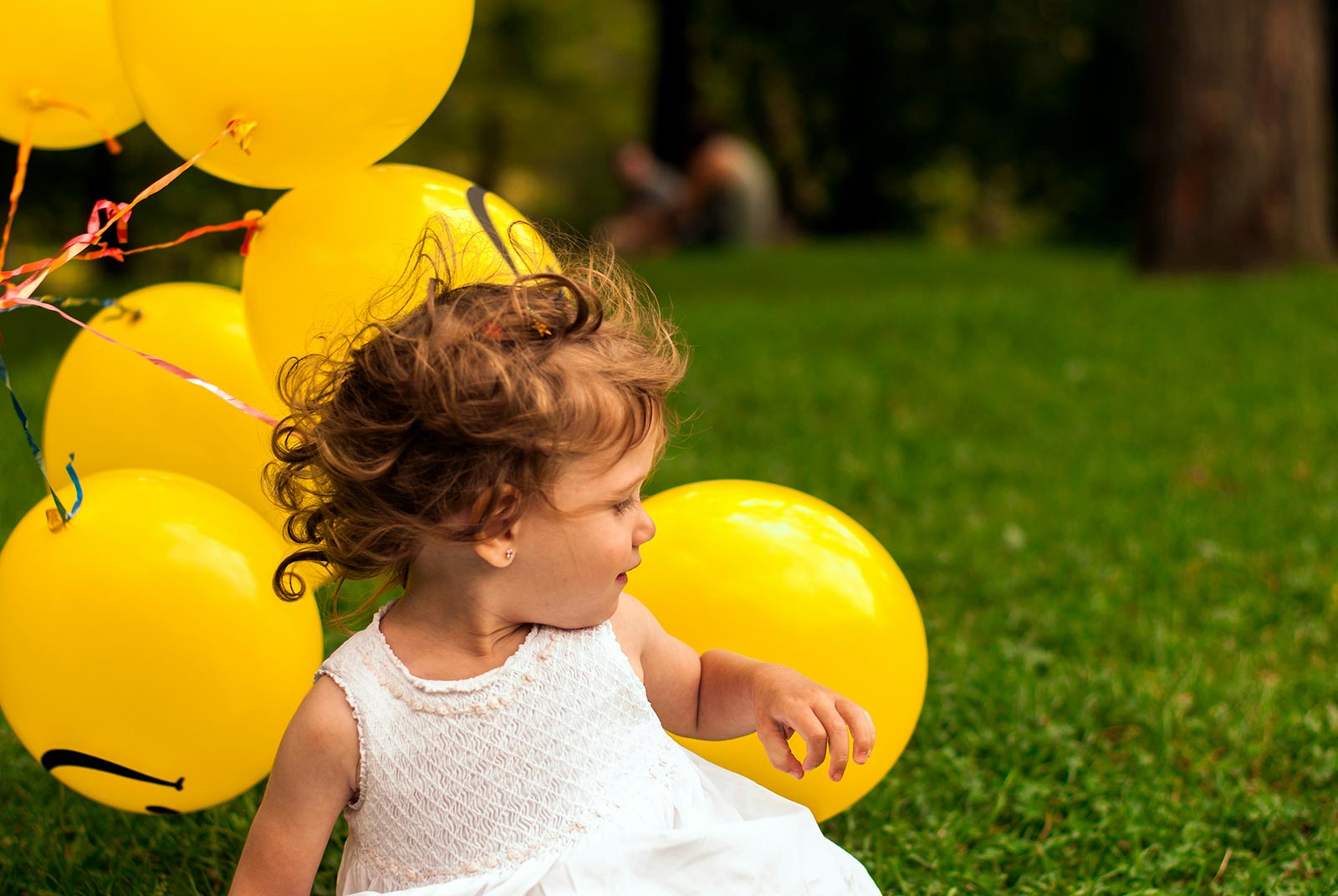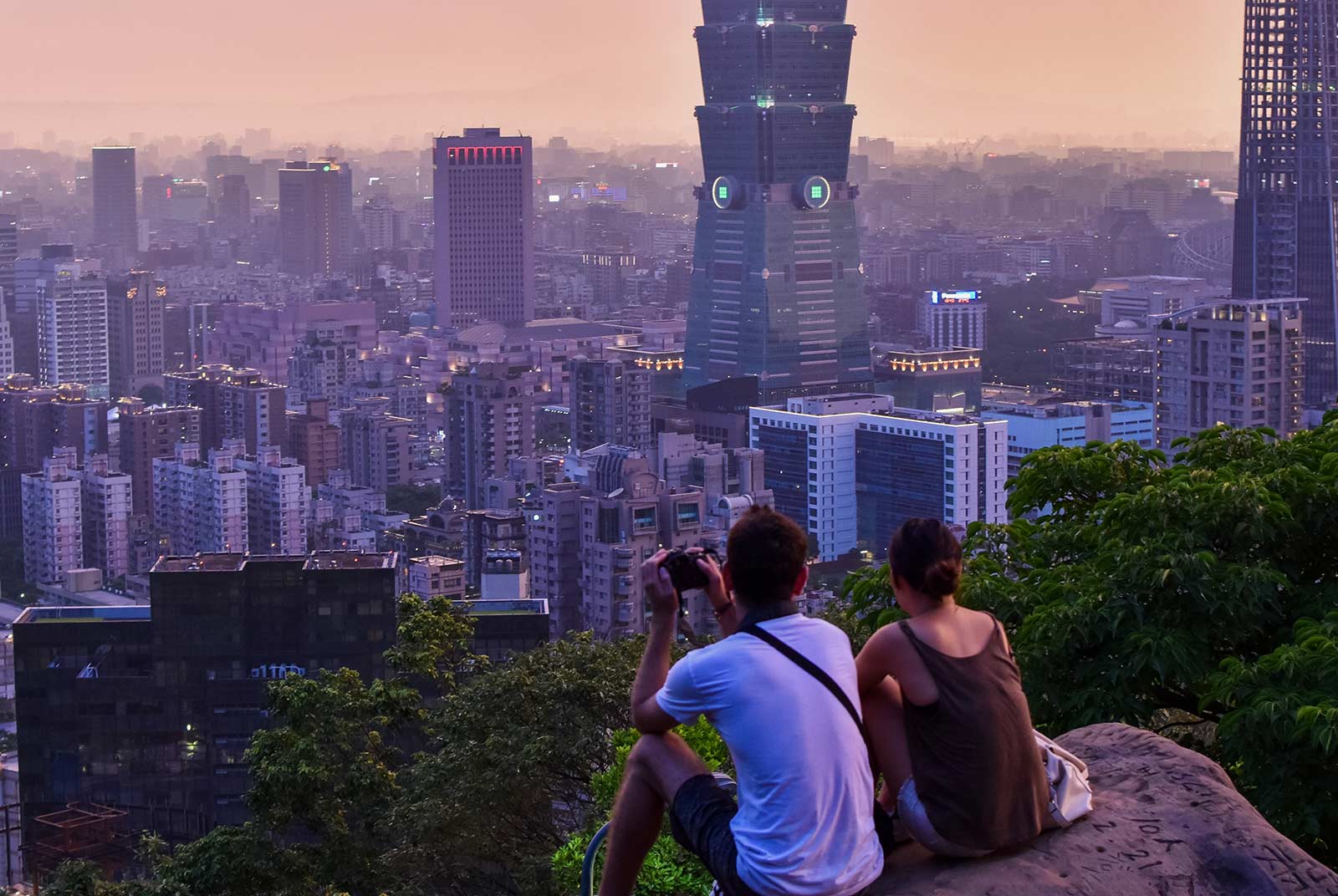Father Josef Eugster's Reflexology
Boosting the Body's Powers of Self-healing
Father Josef Eugster spreads the word of God in a rather hands-on way – by massaging people's feet. After reflexology healed his own arthritis, he developed a groundbreaking method that has since spread from Taiwan across the world.
Views
Boosting the Body's Powers of Self-healing
By Ming-ling HsiehFrom CommonWealth Magazine (vol. 412 )
While northern Taiwan is engulfed in a chilly cold front this weekend afternoon, the Catholic churchyard in Changbin Township, Taidong County, on Taiwan's east coast, is bathed in sunlight, despite the presence of a cool sea breeze.
In reclining chairs outside an old building, visitors from afar are enjoying a foot massage administered by a Swiss Catholic priest, Josef Eugster, commonly known simply as "Father Josef." An English teacher has come by car from Hualian, one and a half hour's drive away. A man from Taiwan's indigenous Ami people has arrived here, as he does regularly on weekends, to learn foot massage for home use, because he hopes to keep his wife in good health.
"Use the pads of your fingers and slowly move upwards," says Father Josef as he grabs the woman's feet to demonstrate his technique, patiently speaking to the Ami husband in perfect Mandarin. The sound of singing voices echoes from inside the church. They belong to the children from different indigenous villages who are attending Sunday school.
Father Josef, now 68, began to practice reflexology – the treatment of pain and illness by applying pressure to "reflex zones" found mostly in the foot – in Taiwan 38 years ago. His method has since spread around the world.
Father Josef says he could never have imagined that his reflexology would become known outside Taiwan. Today it is practiced in Japan, China, South Korea, Australia, Europe and Israel. This year he even went to Zimbabwe to teach his method to 120 students who will treat AIDS patients to alleviate their symptoms.
"I feel that this health method should be passed on to the poorest families in the Third and Fourth World in particular, because they can't afford to buy medicine," says the silver-haired priest in describing his biggest dream.
Self-Healing Inspires Study of Reflexology
Father Josef has no background in medical science. He became involved in reflexology after he successfully healed himself through foot massage.
Thirty-eight years ago, when Father Josef had been serving as a priest in Taiwan for six years, he began to suffer from rheumatoid arthritis. Due to the frequent pain in his knees, he was often unable to sleep at night and had no choice but to take painkillers.
But then another priest massaged the kidney zone on the sole of Father Josef's feet. Although he experienced excruciating pain in his first encounter with foot massage, this incident also led him to study the book Gesund in die Zukunft ("Healthy into the Future") by the Swiss nurse Hedi Masfret, which details the positions of reflex zones on the feet. At the same time he began to use reflexology on himself. Three weeks later the pain in his knees was gone for good.
Father Josef began to promote reflexology among the people of Taidong by offering foot massage services, which in return allowed him to get to know even more local people, so that his reputation gradually grew beyond the township's scope.
One day a young man with a crew cut showed up at a crowded reflexology seminar. He sat down and then kept raising his hand to ask question after question.
In fact, some of his questions Father Josef was unable to answer. Some members of the audience walked up to the young man and accused him of disrupting the meeting and trying to embarrass Father Josef. Some even directly asked him to leave.
This "troublemaker" was Eugene Cheng, who would later join forces with Father Josef to research reflexology and develop its theoretical concepts, laid down in the book they co-authored, Father Josef's New Foot Reflexology.
Cheng, who back then worked as piano teacher, had had his own experience with alternative healing. At a badminton competition his foot once suddenly began to swell. Cheng thought he had sustained a sports injury and treated his foot with an anti-inflammatory cream, using traditional Chinese tuina therapy. He was surprised to find that he felt very comfortable. Subsequently, he continued to use tuina treatment and found to his astonishment that a 17-year-old gastric ulcer was no longer bothering him. He had in fact not taken any antacids in three months.
When Cheng heard that a Catholic priest in Taidong was using reflexology as a healthcare method, he was so excited that he couldn't sleep. So he took a few days off from work and rushed to Taidong to meet Father Josef.
From then on Father Josef would often travel to Taipei to discuss reflexology with Cheng, who had been studying Chinese medicine. So when the two exchanged views, the priest would talk about his diagnostic principles and massage practice, whereas Cheng explained the theory of Chinese medicine to him.
Over three decades Father Josef would travel to Taipei every Tuesday to meet with Cheng at his clinic on Zhongshan North Road. The two would then go to a hot pot restaurant in Changchun Road where they would dine while showing each other foot massage techniques. As the duo delved into the details of individual cases, they often unwittingly drew attention from passers-by. Cheng's involvement changed Father Josef's foot massage method.
Integrating Chinese Medicine with New Reflexology
According to the theory of reflexology, every internal organ has a corresponding reflex zone on the sole of the foot. Should there be a problem with an organ, the respective reflex zone will hurt if it is pressed.
"The two feet mirror the entire body," says Father Josef in holding up a plastic foot model with painted-on reflex zones that he bought in China.
After Cheng became involved, Father Josef's reflexology methods integrated principles of traditional Chinese medicine including the ancient theory of Yin and Yang and the five elements. Cheng points out that the human body must be seen as a unified entity. If one internal organ is troubled, it will affect the normal functioning of other organs. Consequently, therapy must take into account the entire body. People with eyesight problems, for instance, often see the best therapeutical results if the reflex zones for the liver and kidneys are massaged too.
Opposition and Controversy
Over the past three decades Father Josef's foot massage has worked many miracles, but his missionary zeal for popularizing reflexology has also caused many controversies.
He once received a telegram from Taiwan's Department of Health (DOH) warning him that his actions were violating the Medical Care Act. The head of his order, the Switzerland-based Mission Society of Bethlehem, also opposed Father Josef's administering of foot massages, arguing that such practices exceeded the responsibilities of a priest. Several bishops directly told him, "We don't need this. If someone gets sick, send them to the hospital."
The critical voices from inside the Catholic Church did not stop until 2003 when Eugster went to the Vatican to treat then Pope John Paul II.
Taiwan's ambassador to the Vatican Raymond Tai had invited Eugster in May of that year to see the ailing Pope.
At the time the leader of the Catholic Church had difficulty walking due to a knee problem, he couldn't speak because of damaged vocal chords, and he couldn't hold his head straight.
Eugster was first "tested" by three cardinals who wanted to understand what kind of health method he was going to use, before he was allowed to touch the Pope's feet. Unfortunately, the Pope was wearing very thick socks at the time. When Father Josef began with his massage he was worried that the Pope would not react to the treatment because of the thick socks, his advanced age and the medication that he might have been taking. But then the Pope reacted immediately when Eugster pressed down his thumb.
From that time on there were no more opposing voices from the Church. But the growing popularity of foot massage in Taiwan also led to its commercialization, making it difficult to control the quality of such services.
Many got into the business to make a quick buck from the foot massage fad. For a while "Father Josef" foot massage parlors sprang up virtually everywhere, and self-declared disciples of Father Josef published books or sold equipment with the claim that he had endorsed it.
Many of these foot massage therapists were in it just for the money and not for teaching people how to take good care of their health, which is diametrically opposed to what Father Josef preaches. Some opened massage parlors without even being trained in foot massage. Father Josef has even seen patients come to Taidong to demand compensation from him, because the crude methods of a self-declared massage therapist had caused them to develop fascial inflammation.
Nowadays, Father Josef and Cheng strictly require their students to pass an exam that involves massaging the teachers' feet before they can get a certificate. However, no one is allowed to practice under the name of Father Josef.
As a result, today you won't find any "Father Josef" signs at massage parlors anymore. But in turn, this has made people wonder whether the legendary Father Josef is still around.
In fact, he is alive and kicking, and very busy too. "My real profession is that of a priest. The massage is only for helping people," says Father Josef with a smile. Only on Saturday afternoons, three of his indigenous disciples provide foot massage services at the Catholic church in Changbin.
One Massage Therapist per Family Keeps the Doctor Away
Despite his busy schedule Father Josef does not appear exhausted. As always, he is quite introspective and driven by the desire to help others.He often travels abroad together with Cheng to promote their method of reflexology. They have left footprints on all five continents.
"If one member of every family is trained in foot massage, a lot of medical bills can be saved," says Father Josef, reiterating his credo. He and Cheng hope to bring reflexology into every family for the sake of their health and to increase mutual loving care.
"We hope to bring love back home through our hands," says Cheng in describing the concept. They hope that children give their parents foot massages and that parents treat their children, not only to boost one another's health, but also as an ideal parent-child activity.
The "New Reflexology" that the two founded has been recognized by the DOH and listed as a non-medical form of disease treatment. The two have also been certified by the Ministry of Education, so that they can teach classes within the formal education system. Every Thursday afternoon Cheng teaches foot massage to third-year students at the Department of Exercise and Health Science at National Taipei College of Nursing.
Their dream is to make reflexology part of the mainstream system in a more systematic way and to let this method of self-healing take root in every family.
"I feel that I have a mission, that I must tell people that God has already put this doctor called the foot on our bodies," says Father Josef in explaining his message. "I want to help people to get to know this doctor."
Translated from the Chinese by Susanne Ganz
Chinese Version: 激發體內自癒力






